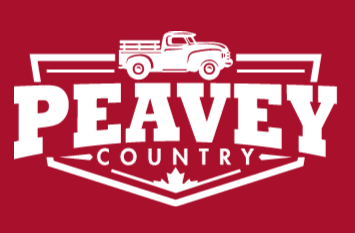Before getting your own bees take beekeeping classes. Look online for classes available in your area. We teach classes here at our farm. Get involved with a beekeeper group in your area. Find a beekeeper mentor you can learn from and volunteer to help with their bees. The best way to learn is hands-on. You will learn more working with a beekeeper than any book or video.
Join online beekeeper groups but make sure that they are in your area. The way you care for your bees in a colder climate in Canada is much different than the way a beekeeper in say California cares for their bees. Any advice you get research it yourself as well. We joke that if you ask 3 beekeepers a question you're going to get 4 different answers. Read all the beekeeping books you can. In beekeeping you are always learning...but let's face it the bees don't read the books!
The first year you probably won't get any honey for yourself. When getting your first bees they need at least a full season to produce wax, build their combs and to raise the young worker bees. They also need to store enough honey to get them through the winter. Your bees need approximately 80 to 100lbs of honey to get through the Canadian winter. That sounds like a lot but there is an average of 30,000 to 60,000 bees in a hive.
When purchasing your first hive we always recommend you get two. Bees that are doing well continually reproduce and their hive will become overcrowded. This is why bees swarm. A swarm is when half the bee colony leaves with the queen bee to find a new home. The half that remains hatch a new Queen. To avoid swarming we do what is called splitting the hive. So you want to have a 2nd hive ready to go.
Bee-Legal
Review your local by-laws because you must register your hives with the government. It's the law. Registering your hives not only gives the province important statistical data but they will send you updates on recommended practices and you can request notification if there is any significant pesticide spraying in your area. It also connects you to the Provincial inspectors. They are a supportive source of expert information and advice. Registering your beehives helps to ensure the health of local honey bee populations by tracking diseases. Reputable bee breeders providing healthy stock will not sell to unregistered beekeepers.
The location of your beehives is also very important. In Ontario, beehives cannot be within 30 metres of your neighbour's dwelling, a community center, public park or other places of public assembly or recreation. Check your provincial laws.
Bee-Inspired!
Beekeeping is one of the most interesting and enjoyable journeys you will ever embark on. Even the grizzly old professional beekeepers will tell you every hive and every year is different. Every hive has its own personality depending on the nature of the Queen. Some seasons in the spring you will be overwhelmed with joy, others if there are losses it will break your heart. Beekeeping will always be a work in progress. Keep learning, do your best, have fun and you'll bee awesome!









